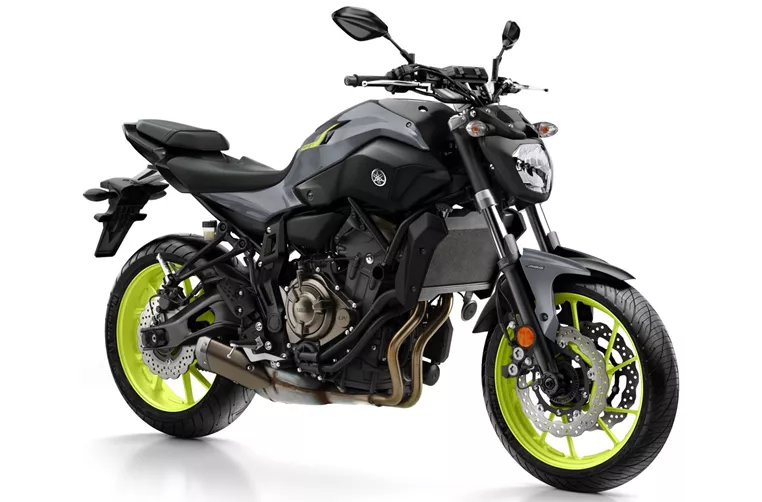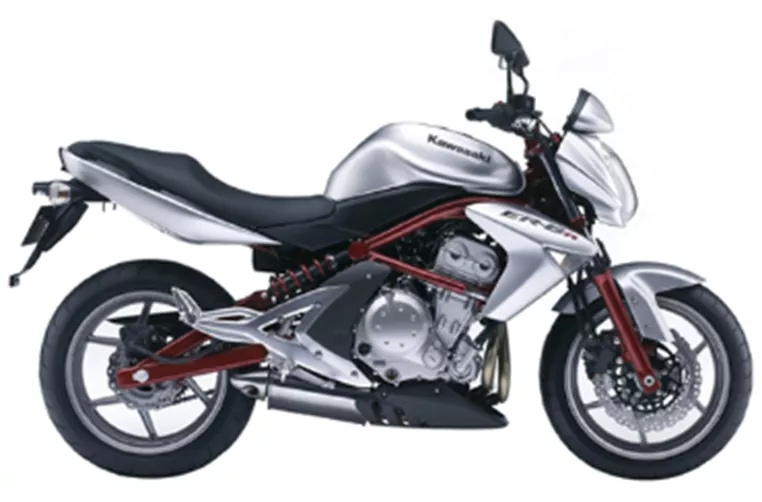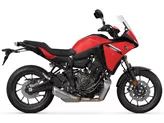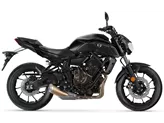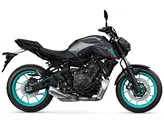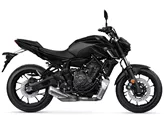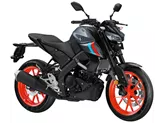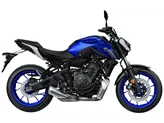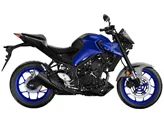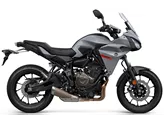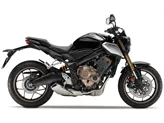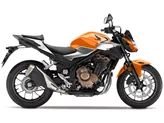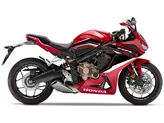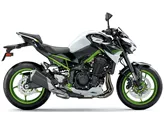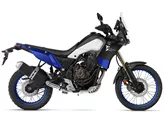Yamaha MT-07 2017 vs. Kawasaki ER-6n 2008
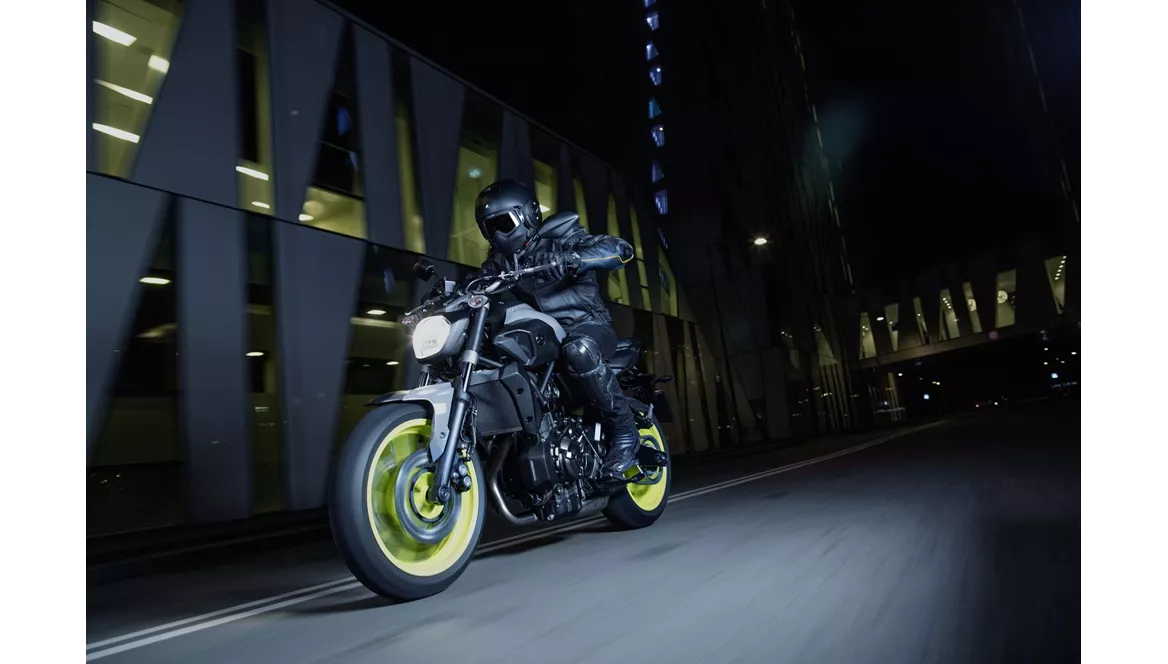
Yamaha MT-07 2017
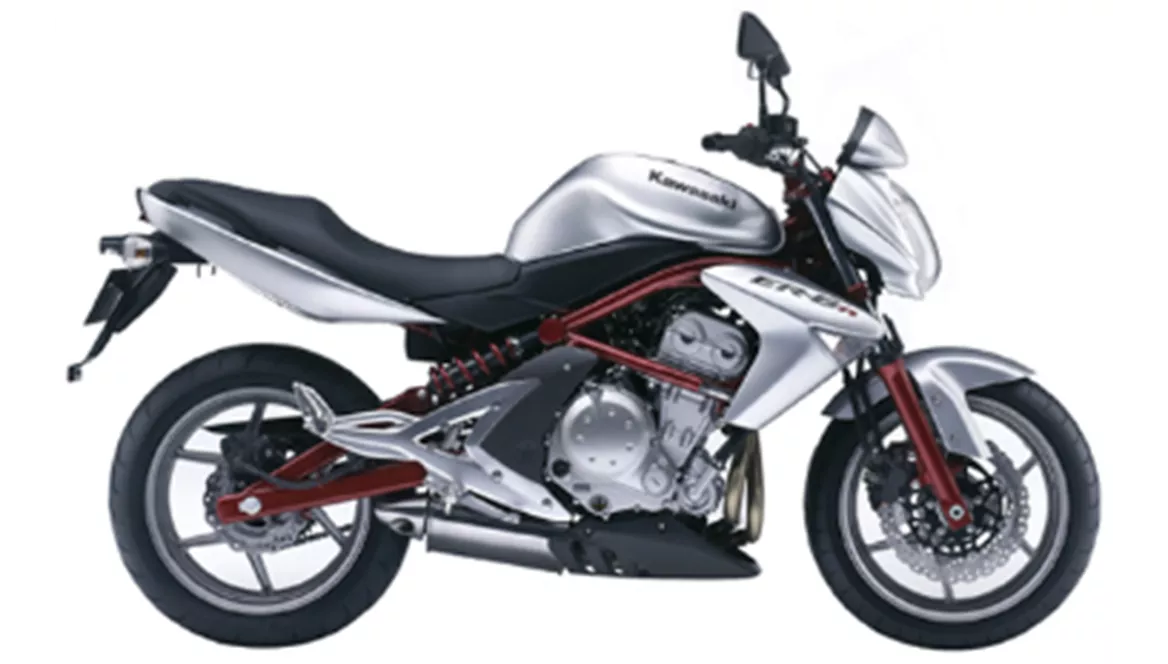
Kawasaki ER-6n 2008
Vue d’ensemble - Yamaha MT-07 2017 vs Kawasaki ER-6n 2008
The Yamaha MT-07 2017 and the Kawasaki ER-6n 2008 are both popular naked bikes that offer a thrilling riding experience. While they have some similarities in terms of engine power, cooling system, and number of cylinders, there are also notable differences between the two models.
In terms of engine power, the Yamaha MT-07 2017 boasts 75 HP, slightly higher than the Kawasaki ER-6n 2008's 72 HP. This difference may not be significant for most riders, but it could make a slight impact on acceleration and top speed.
Both bikes have a liquid cooling system, which ensures efficient heat dissipation and optimal engine performance. This feature is essential for maintaining the engine's longevity and preventing overheating during long rides or in hot weather conditions.
When it comes to displacement, the Yamaha MT-07 2017 has a larger engine with 689ccm compared to the Kawasaki ER-6n 2008's 649ccm. This difference in displacement could result in a slight variation in torque and overall power delivery.
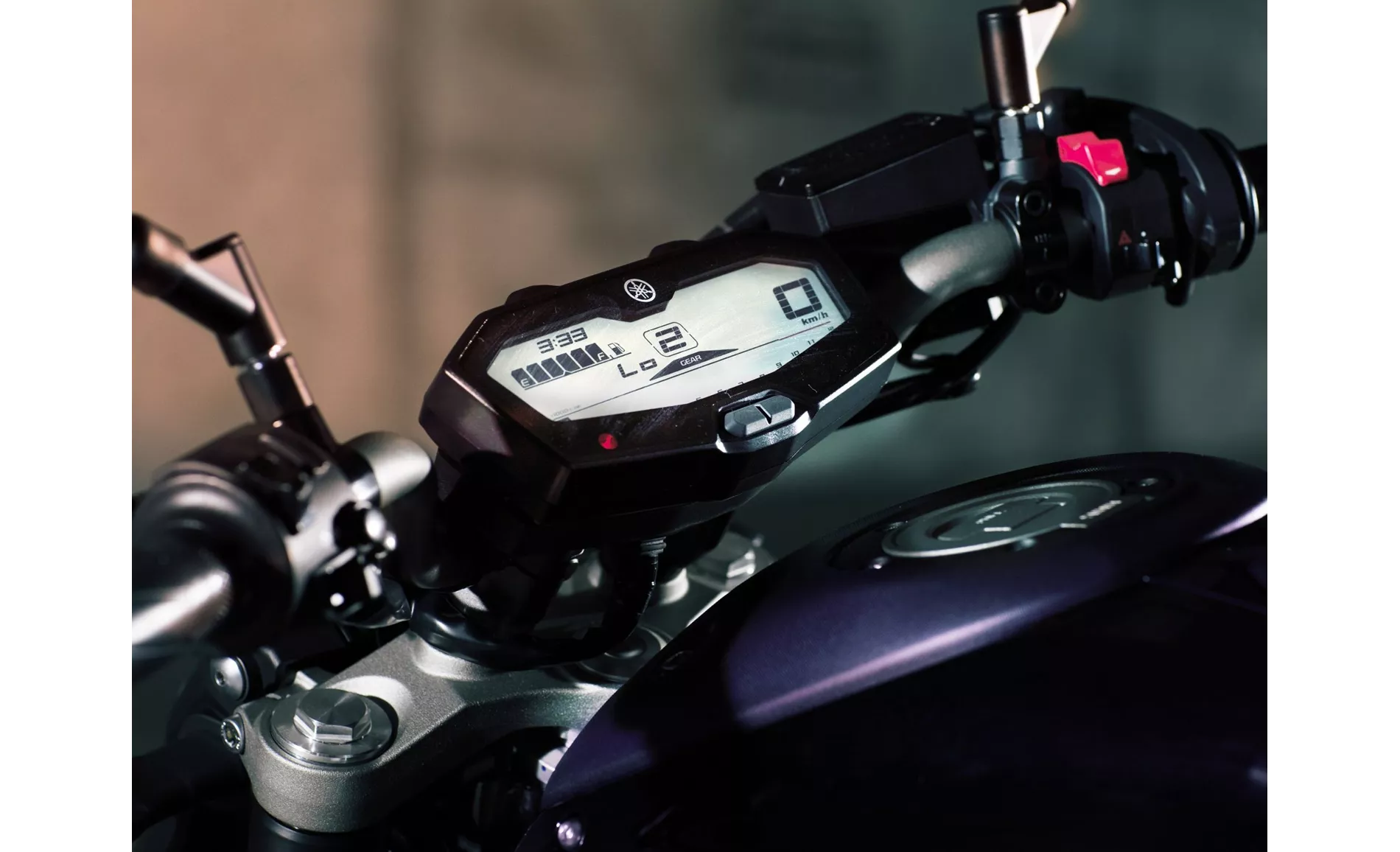
Yamaha MT-07 2017
In terms of dimensions and weights, both bikes have a similar wheelbase, with the Yamaha MT-07 2017 measuring 1400mm and the Kawasaki ER-6n 2008 measuring 1405mm. This similarity in wheelbase ensures stability and maneuverability for both models.
The seat height of the Yamaha MT-07 2017 is slightly higher at 805mm, while the Kawasaki ER-6n 2008 has a lower seat height of 785mm. This difference could affect the comfort and ergonomics for riders of different heights.
In terms of fuel tank capacity, the Kawasaki ER-6n 2008 has a larger tank with a capacity of 15.5 liters compared to the Yamaha MT-07 2017's 14 liters. This could result in a slightly longer range for the Kawasaki ER-6n 2008, making it more suitable for long rides without frequent refueling.
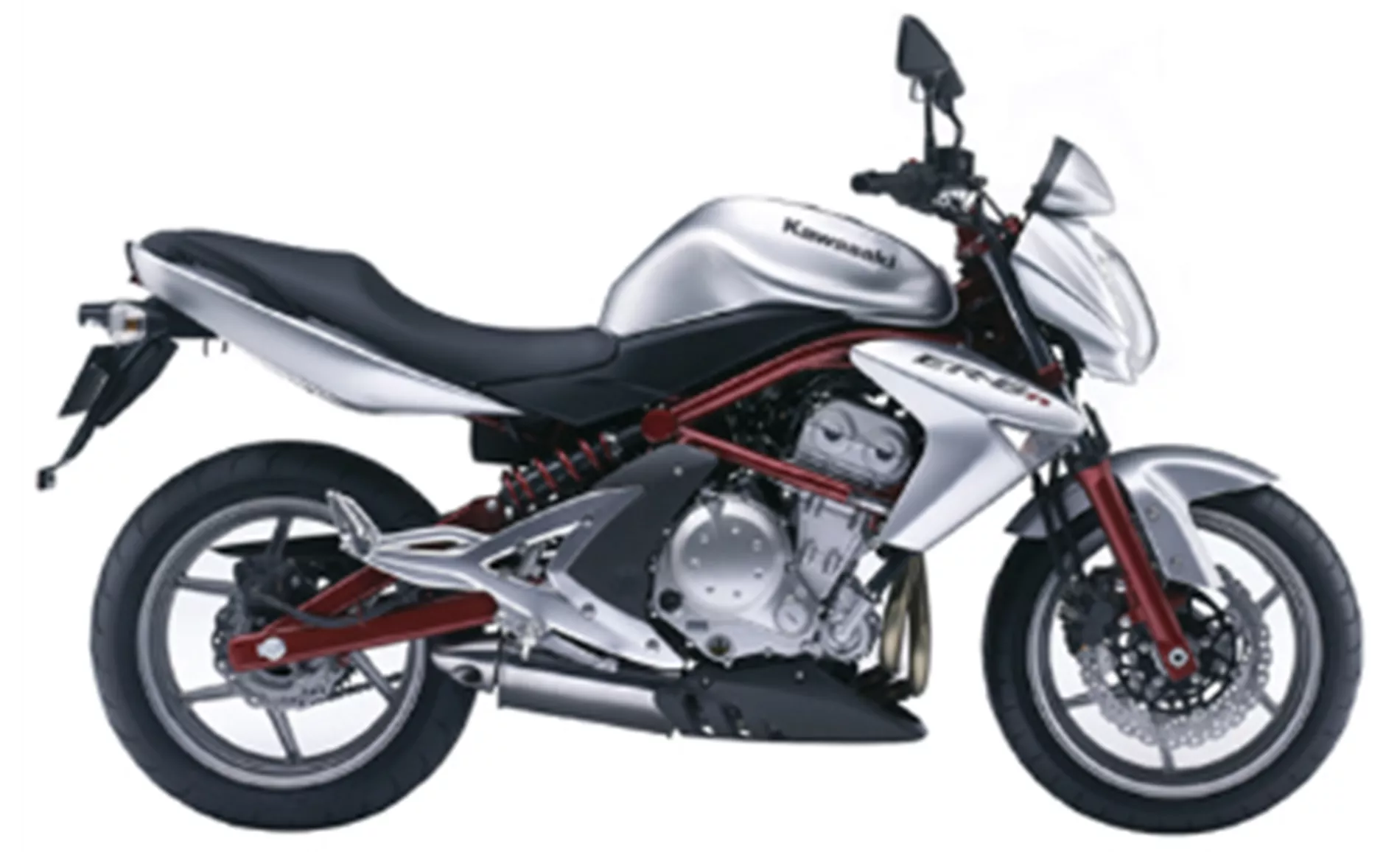
Kawasaki ER-6n 2008
Moving on to the strengths of each model, the Yamaha MT-07 2017 is praised for its great motor, which offers a thrilling and responsive performance. Additionally, it features an easy-to-read display and comes at a relatively low price, making it an attractive option for budget-conscious riders.
On the other hand, the Kawasaki ER-6n 2008 is known for its lightness, precision, and rideability. It has a modern and dynamic look, making it visually appealing to riders. It is also considered beginner-friendly, thanks to its trustworthy ergonomics and ABS system, which enhances safety.
However, both models have their weaknesses. The Yamaha MT-07 2017 is criticized for having a chassis that is too soft, which could affect the bike's stability and handling in certain situations. On the other hand, the Kawasaki ER-6n 2008 has a sitting position that may be uncomfortable for riders taller than 1.80m, and it is not particularly suitable for performing wheelies.
In conclusion, both the Yamaha MT-07 2017 and the Kawasaki ER-6n 2008 have their unique strengths and weaknesses. The Yamaha MT-07 2017 offers a great motor and an affordable price, while the Kawasaki ER-6n 2008 provides a lightweight and beginner-friendly riding experience. Ultimately, the choice between the two models depends on the rider's preferences and priorities.
Caractéristiques techniques Yamaha MT-07 2017 par rapport à Kawasaki ER-6n 2008
Avantages et inconvénients en comparaison
Avantages et inconvénients en comparaison
Yamaha MT-07 2017
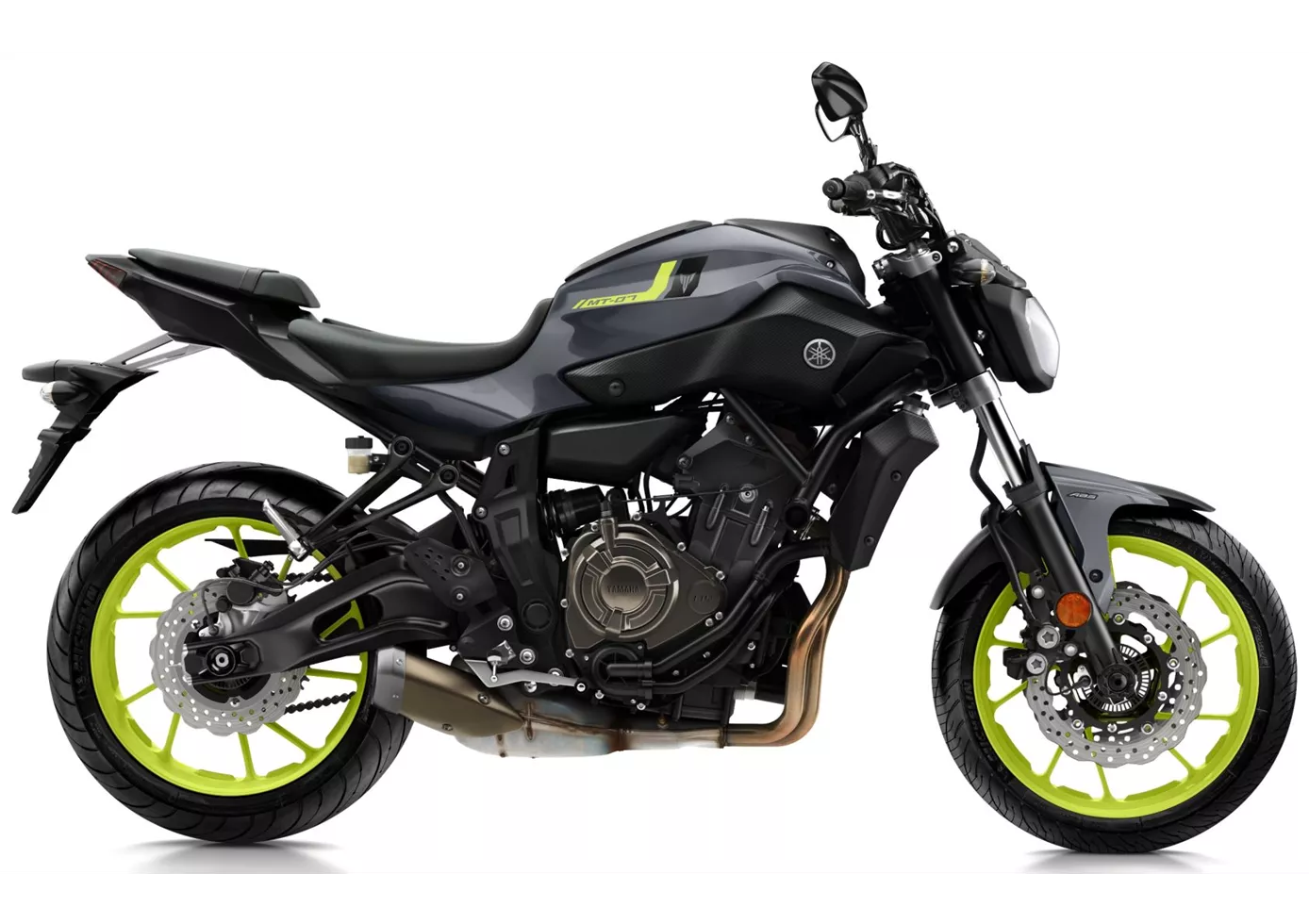
Même après trois ans, la Yamaha MT-07 est toujours considérée comme la favorite du public. Personne d'autre ne propose un tel rapport qualité-prix. Le bicylindre est puissant, mais son dosage est très doux à bas régime. L'écran est également l'un des meilleurs de sa catégorie grâce à sa bonne lisibilité. Seul le châssis déçoit. En conduite sportive, il est tout simplement configuré de manière trop souple, ce qui fait que la MT-07 peut parfois se cabrer.
Kawasaki ER-6n 2008
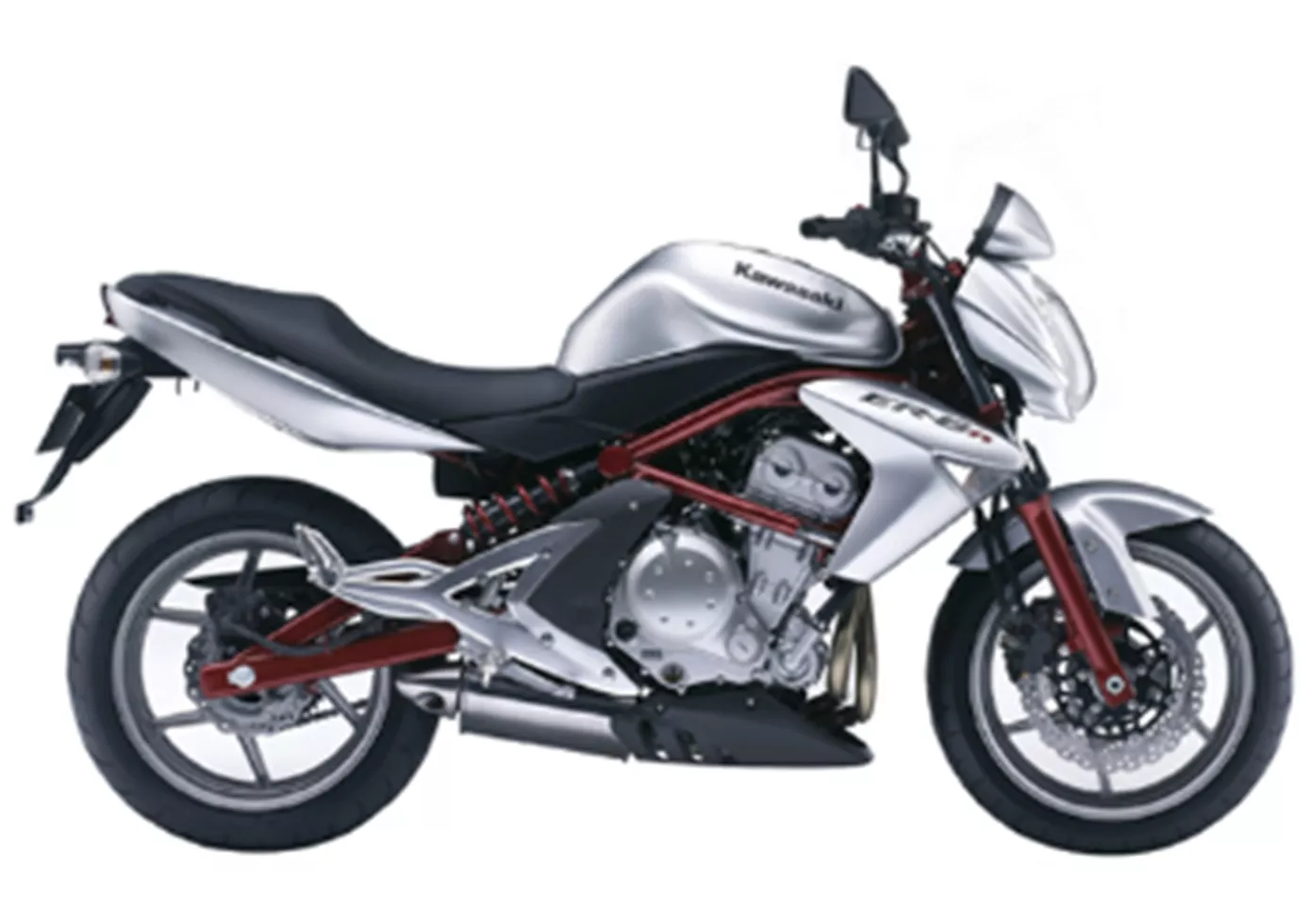
Kawasaki ne construit pas de jouets. L'ER-6N devient plus sérieuse - et reste adaptée aux débutants.
Comparaison des prix Prix moyen du marché Yamaha MT-07 vs Kawasaki ER-6n
There are a few key differences between a Yamaha MT-07 2017 and a Kawasaki ER-6n 2008. There are the same number of bikes of both models available on the 1000PS.de marketplace, specifically 20. It takes less time to sell a Kawasaki ER-6n with 57 days compared to 83 days for the Yamaha MT-07. Since model year 2013 1000PS.de editors have written 69 reviews for the Yamaha MT-07 and 16 reviews for the Kawasaki ER-6n since model year 2006. The first review for the Yamaha MT-07 was published on 11/4/2013 and now has more than 12,600 views. This compares to more than 11,200 views for the first review on Kawasaki ER-6n published on 6/29/2005.
